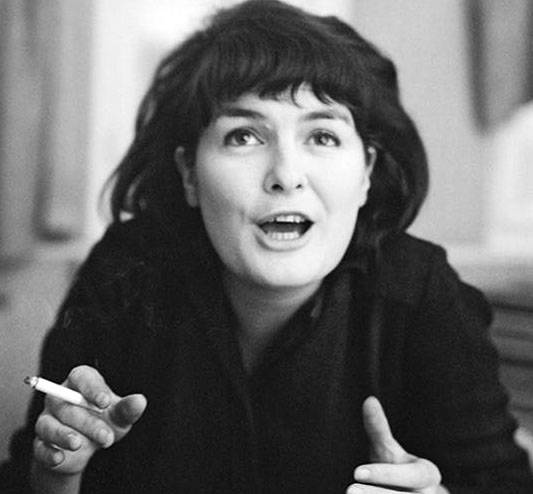Shakespeare’s Hamlet tells the story of a young prince who avenges the murder of his father, the king, by killing the uncle who took his place as monarch. Its double-crossing and power plays continue to resonate.
It is perhaps for that reason that the Globe theatre has chosen Hamlet for its Globe to Globe tour, which aims to take a “pared-down, small-scale” version of the play to “all 205 nations on earth” over the course of two years. The Globe describes this as an “unprecedented theatrical adventure”. Some have described it as insanity.
Of course, many of those 205 nations are riven by conflict, political instability, and repressive dictatorships. Not all will be open to the idea of a play that centres on regicide and regime change.
One such country is North Korea – where, in something of a mirror to Hamlet, leader Kim Jong-Un recently ordered the execution of his uncle, Jang Song-Thaek. Yet the Globe has included the country, commonly described as the most hermetic dictatorship in the world, on its list of planned destinations.
Although no date has been set and it is unclear how far discussions have progressed, the decision has drawn criticism from rights groups. In a statement, Amnesty International suggested that the theatre group read up on human rights abuses in the country first: "No tragic play could come close to the misery that the 100,000 people trapped in the country's prison camps endure – where torture, rape, starvation and execution are everyday occurrences. There's a dark irony in the fact that Hamlet focuses on a prince wrestling with his conscience. Kim Jong-Un is no Hamlet. Sadly he shows no sign of wrestling with his conscience." Human Rights Watch has also expressed concern, although both organisations stopped short of calling for the Globe to boycott North Korea.
Responding to Amnesty’s statement, the Globe pointed out that it was not simply taking a production to North Korea, but was including it as part of a world tour. "Like all the best works of art, Hamlet instigates discussion and dialogue, and like any theatre, we wish to play to, and interact with, as many people as we possibly can, in as diverse a range of locations as possible. We do not believe that anyone should be excluded from the chance to experience this play," the theatre’s statement said. It pointed out that Hamlet was written during the rule of James I, when England was "a country riven by internal tensions, and watched over by a repressive and occasionally violent state regime".
There is no denying that the situation in North Korea is grave. A recent UN report, based on a year of research, said that the nation was home to crimes against humanity on a scale unparalleled in the modern era, and comparable to the Nazis. Yet, something of a "comic book" attitude remains in western media coverage of the country. Newspaper headlines about the recent election, where Kim Jong-Un won 100 per cent of the vote, veered towards amusement, while images of goose-stepping soldiers or stories about the wacky whims of Kim Jong-Un or his father Kim Jong-Il abound. Fascination with a hermetically sealed, impenetrable nation is understandable; but constantly stressing the funny side is an odd disjunction with the horrors of life there.
Of course, the Globe is right to point out that they are not simply staging a trip to North Korea to hunt headlines – it’s a single stop on a tour of 205 countries. The aim of not excluding anyone from an artistic performance and the associated benefits is laudable. But Phil Robertson, deputy director of HRW’s Asia division, has queried the inclusiveness. “It’s going to be an extremely limited, elite audience that would see a production in any case,” he told AFP. “It would have to be in Pyongyang, which is a showcase city whose residents are selected to live there because hey have shown their loyalty. So there’s a strict pre-selection process involved right from the off.”
The difficulty here is finding the balance between opening up discussion, and exploiting a miserable political situation for publicity or profit. As it is, the Globe seems to be on the right side of that line – and, of course, North Korea is just one of many ‘controversial’ countries it will visit. But, as Amnesty points out, it is important not to lose sight of the grave abuses that are happening, or to inadvertently endorse or whitewash a brutal regime.

